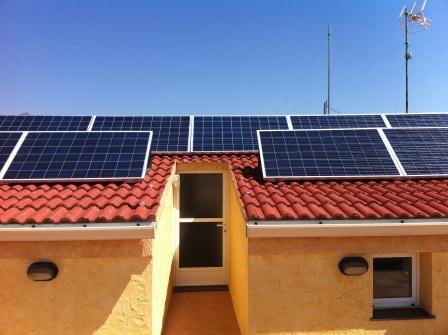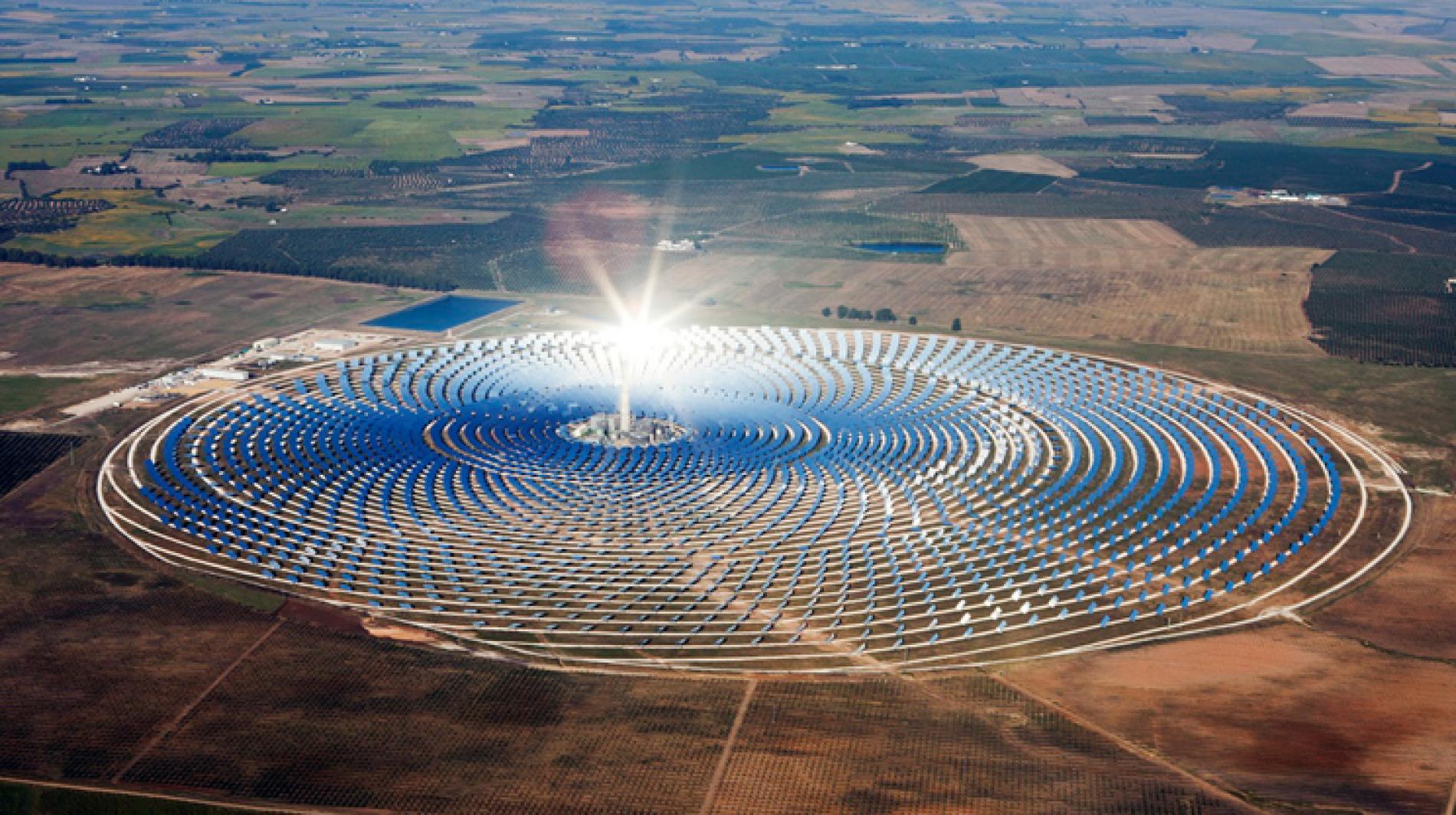NEWLY installed solar power will see a massive 1,600% increase in Spain this year, according to a leading renewable energy union.
The Spanish Voltaic Union (UNEF) predicts the installation of 4,400 MW of solar power this year, up from just 261.7 MW in 2018.
The newly installed power will be made up of 4,000 MW of power from large-scale plants, and 400 MW from personal consumers.
“It’s an incredibly important year for solar power,” a spokeswoman for UNEF told the Olive Press.
The spokeswoman added that the repeal of the controversial ‘sun tax’ in April this year has opened the floodgates for new renewable energy.
The stultifying tax was introduced in 2015 by Mariano Rajoy’s PP government and penalised houses with solar panels if they wished to remain connected to the national grid.
This meant households with solar panels were reportedly paying around €70 per month to national energy companies – even if they never used any external power.
Repeal of the sun tax was a major policy issue for Pedro Sanchez’ new PSOE government, which announced plans for a repeal last October.

The costs of solar power systems has also fallen by ‘95%’ in the last decade, according to UNEF figures.
The union says that a 50kW industrial installation – households tend to have just 3kW systems – can recuperate their losses in just ‘five years’.
“Photovoltaic solar technology is already cheaper than conventional energy sources (nuclear, gas, coal) and has become the central technology for the energy transition,” a UNEF statement said.
Despite being one of the EU’s countries with most sun hours per year, Spain has been severely lagging in solar power generation.
Spain’s 261.7 MW of new solar power installation last year was well behind Germany’s 3 GW and the Netherland’s 1.5 GW.
The world leaders at present are China (44 GW installed last year), followed by USA (10.6 GW), India (8.3 GW), Japan (6.6 GW) and Australia (5.3 GW).
“If we achieve a stable and continuous development of the photovoltaic sector, it will not become just an element to have a clean and cheap energy but also a source of economic growth and employment,” the UNEF statement concluded.
Click here to read more Spain News from The Olive Press.








